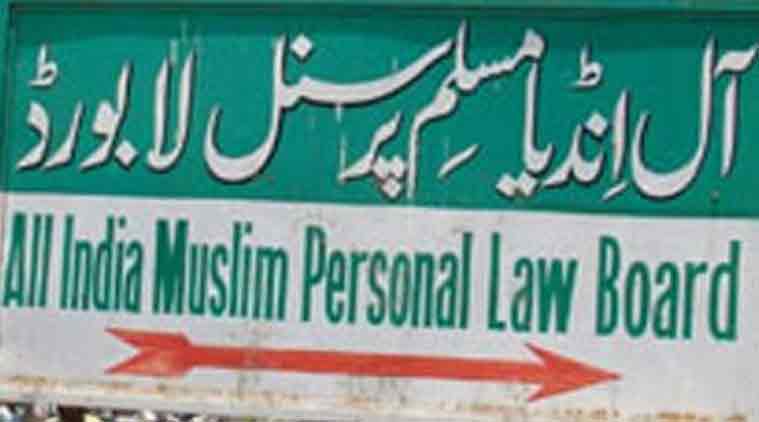
In an emergency meeting on the Ayodhya issue held on Sunday, the executive committee of the All-India Muslim Personal Law Board (AIMPLB) discussed contents of its submission to the Supreme Court-appointed mediation committee later this week.
Sources said the committee members resolved that contents of the submission should be carefully framed to deter any political party from making it an election issue. The AIMPLB will make its submission to the five-member mediation committee led by former SC judge F M Ibrahim Kalifulla on March 27.
Committee members remained tight-lipped about the submission and cited the apex court’s order stressing on confidentiality to ensure success of the mediation process. AIMPLB executive committee member Kamal Farooqui said, “We have (always) maintained that we are very positive about mediation – only the resolution should keep in mind the dignity of both parties and uphold justice. We are positive. Now it is for the other side to make a proposal.”
Zafaryab Jilani, another member, said, “The court’s order is very clear: no party can disclose (to the media) either their own stand before the mediation panel, or the proceedings before the panel,” In its March 8 order, the top court had held, “Court-monitored mediation proceedings will be confidential.”
Jamiat-Ulama-i-Hind’s general secretary Mahmood Madani, who is a member of the executive committee but was not present in Sunday’s meeting, said: “Islam does not allow a mosque to be built on the ruins of a temple – it does not even allow construction of a mosque in a personal property even if that person is a Muslim. So all that really needs to be done in this case if to prove in court that a temple existed there before the masjid, and that the masjid was built on its ruins.
“This is not about Ram – we want the matter to be resolved with negotiations; resolved amicably through talks.”